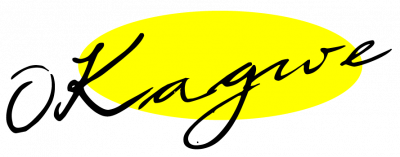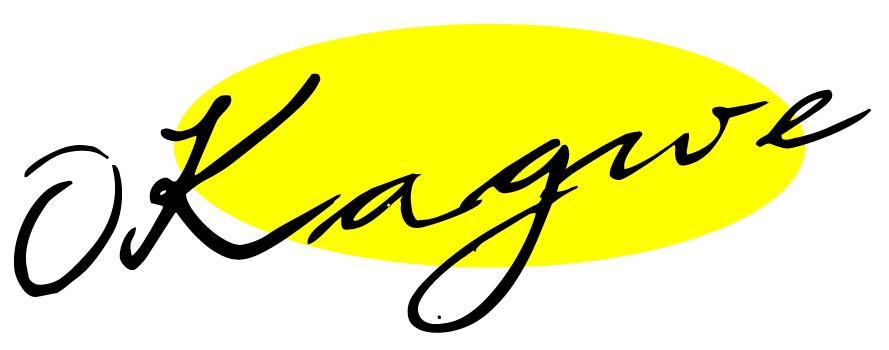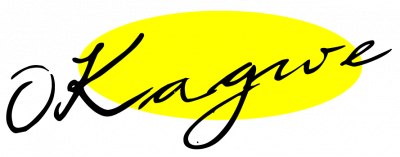The 16 days of Activism ended 5 days ago, having started on 25th November this year. At Thellesi Trust, we have been working in partnership with UN Women on a project to sensitise people on the various forms of Gender Based Violence through an online and offline campaign. I have mixed feelings working on this project – the joy of working with some great people, doing fulfilling work; I am daunted by the task of getting people to really understand GBV and what it means and much of the work has sent me down memory lane. I am a Gender Based Violence survivor (not victim because survivor is an empowering word). This was the year that I was able to tell my story and it has been a milestone in my journey to confront that painful past.
The campaign involves three things: painting a large canvas mural (6M by 3M), coming up with 10 illustrations and disseminating the information through social media content creators and influencers. Prior to this, I had experience in everything else but working on a painting project, so you you can imagine the pressure I was under to do a good job. See when you have experience in something, you are confident in the final product even before you produce it because you can already see end-to-end how things will pan out in your execution.
Also Read this: Please Stop Beating Our Moms
This was especially complex because we had proposed to work with community-based visual artists from the former 9 provinces of Kenya, as compared to working with just one experienced painter. Our idea is that creatives in communities far from big cities and towns often miss out on opportunities to grow and enjoy modern experiences. If you had a project like this, you are more likely to gather artists from Nairobi to do it, than go to a rural town in the heart of Kilifi county. It is easier and more convenient, logistically and financially. Automatically, we disqualify rural people, the same ones who we should be working to empower.
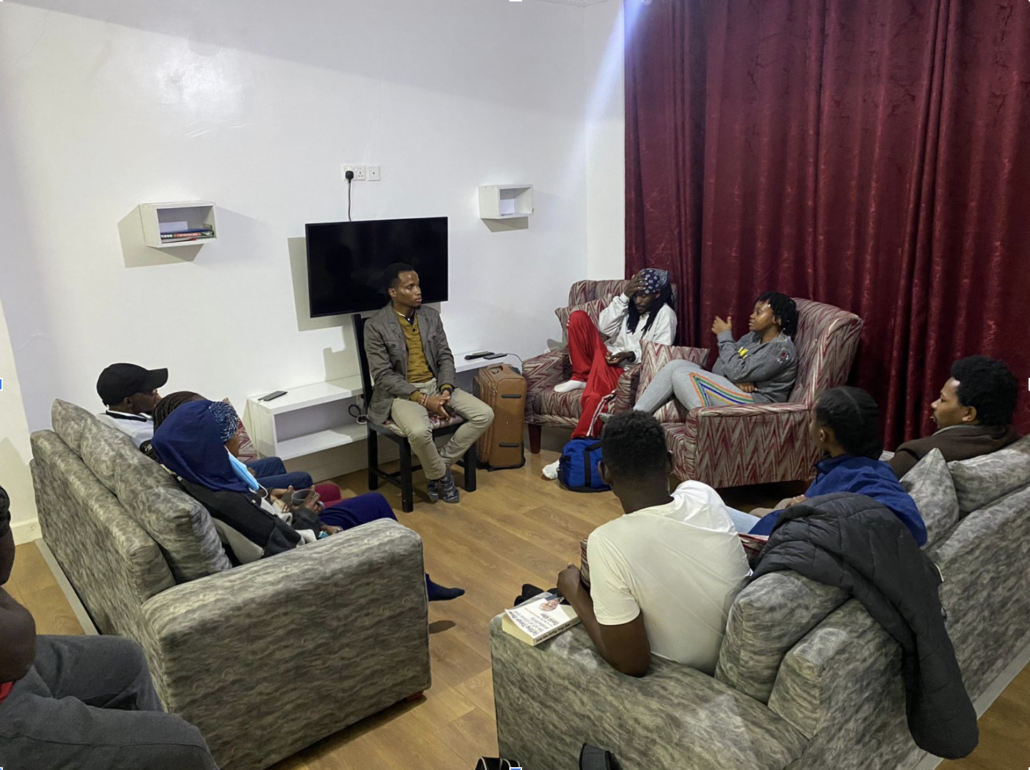
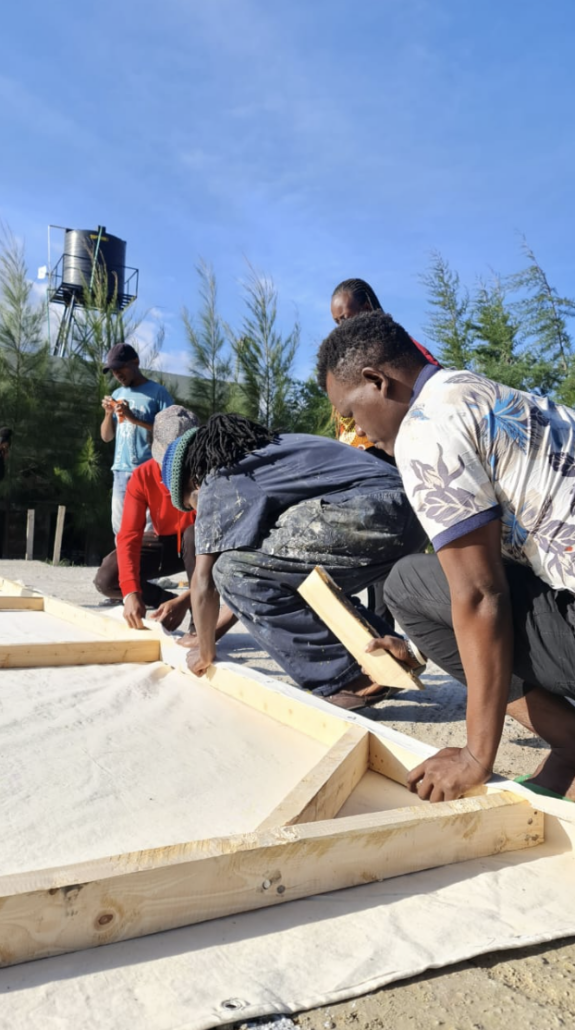
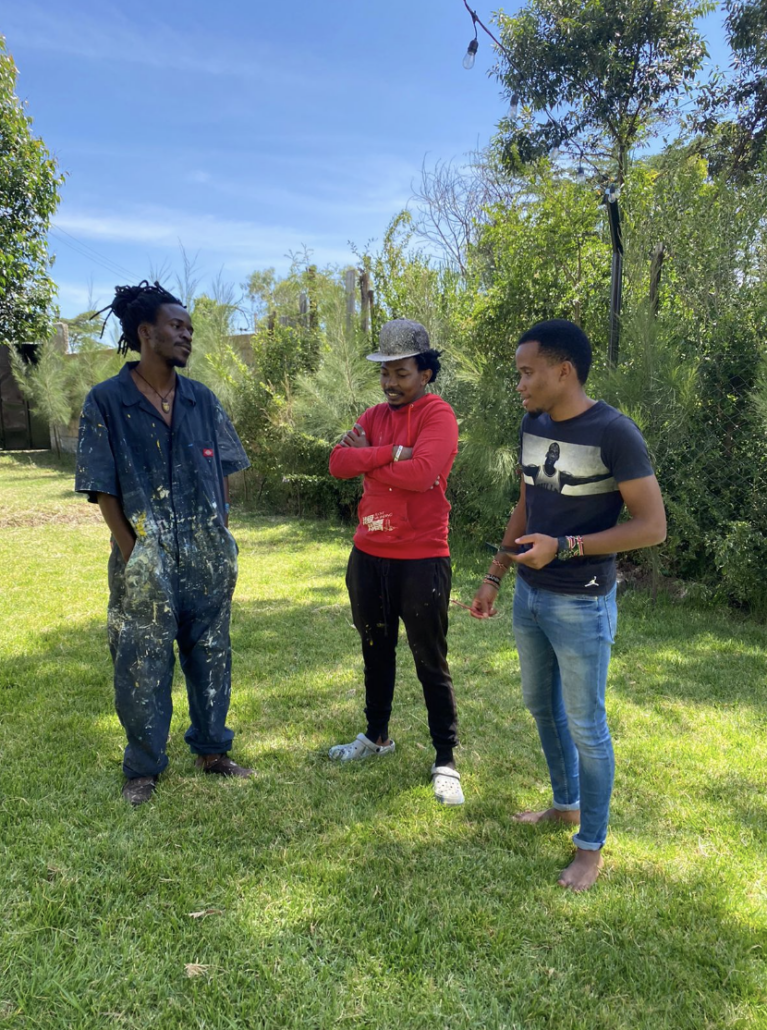
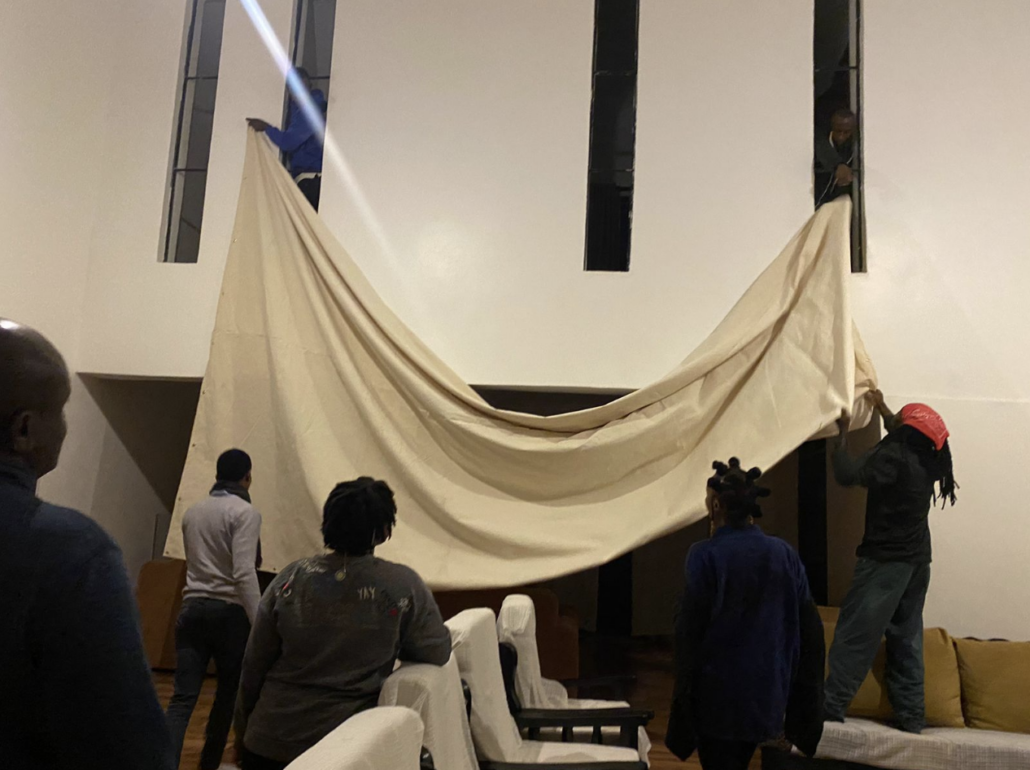
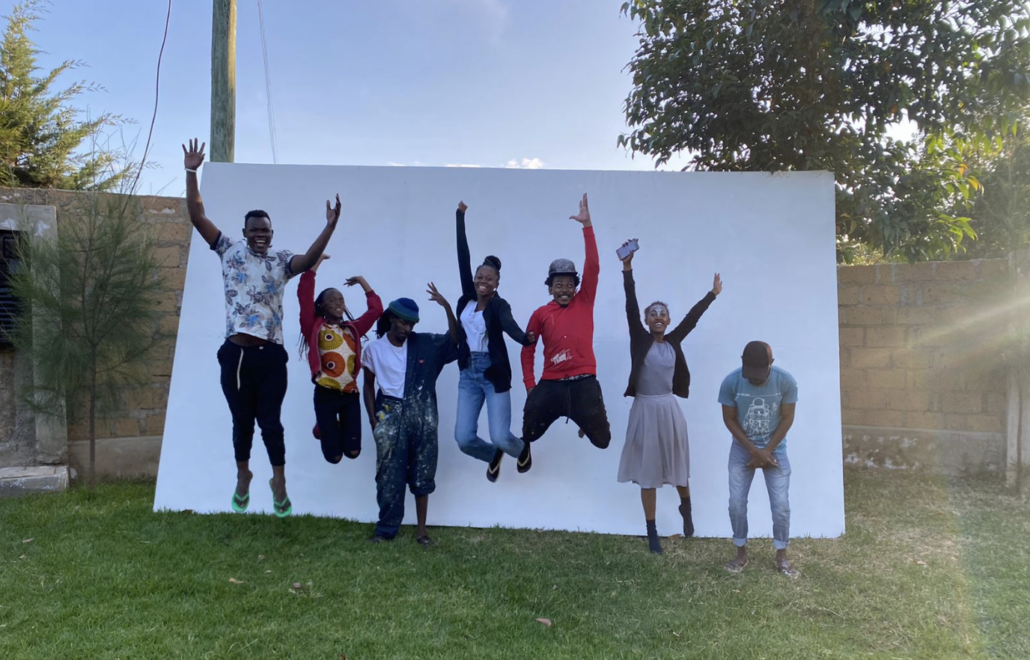
We sent out a call for visual artists from Busia, Kisumu, Nakuru, Kiambu, Nairobi, Meru, Kilifi, and Garissa – 5 young ladies and 3 gents. We then hosted them in Naivasha, where they tirelessly worked and reworked on concepts and paper-sketches before they could finally put strokes on the massive canvas. The work is now almost complete, but the journey was not to be without its lessons:
- Left to their own devises, people are okay knowing exactly what they know. After we extensively briefed the artists on the need to call attention to different forms of GBV, they all came back having developed the same forms of violence – sexual and physical GBV. They had gone and researched on what they already knew. None of them had depicted psychological, emotional and social-economic Gender-based violence, or even sexual harassment.
- Because sexual and physical violence manifest more visibly in our society, they are the most well known. People who are not subject matter experts may not even know that the other softer forms are actually GBV, and so they are not likely to talk about them in the same way. It is already difficult for people living through GBV to talk about the visible forms, let alone the invisible ones.
- Sometimes in the process of being politically correct or in the effort to be sensitive to people, we dilute the gravity of the issue so much that we desensitise the people that we would like to support the cause or change their behaviour. In the process of doing this project on GBV, I learnt that we must not show a fist for example in the process of illustrating GBV because we risk triggering the survivors. We discourage the use of the word “blind” in reference to people who cannot see and instead choose to say visually impaired people (VIP). In the process, I feel like we dilute the seriousness of their condition and we make people who could be allies to be emotionally tired to act accordingly.
